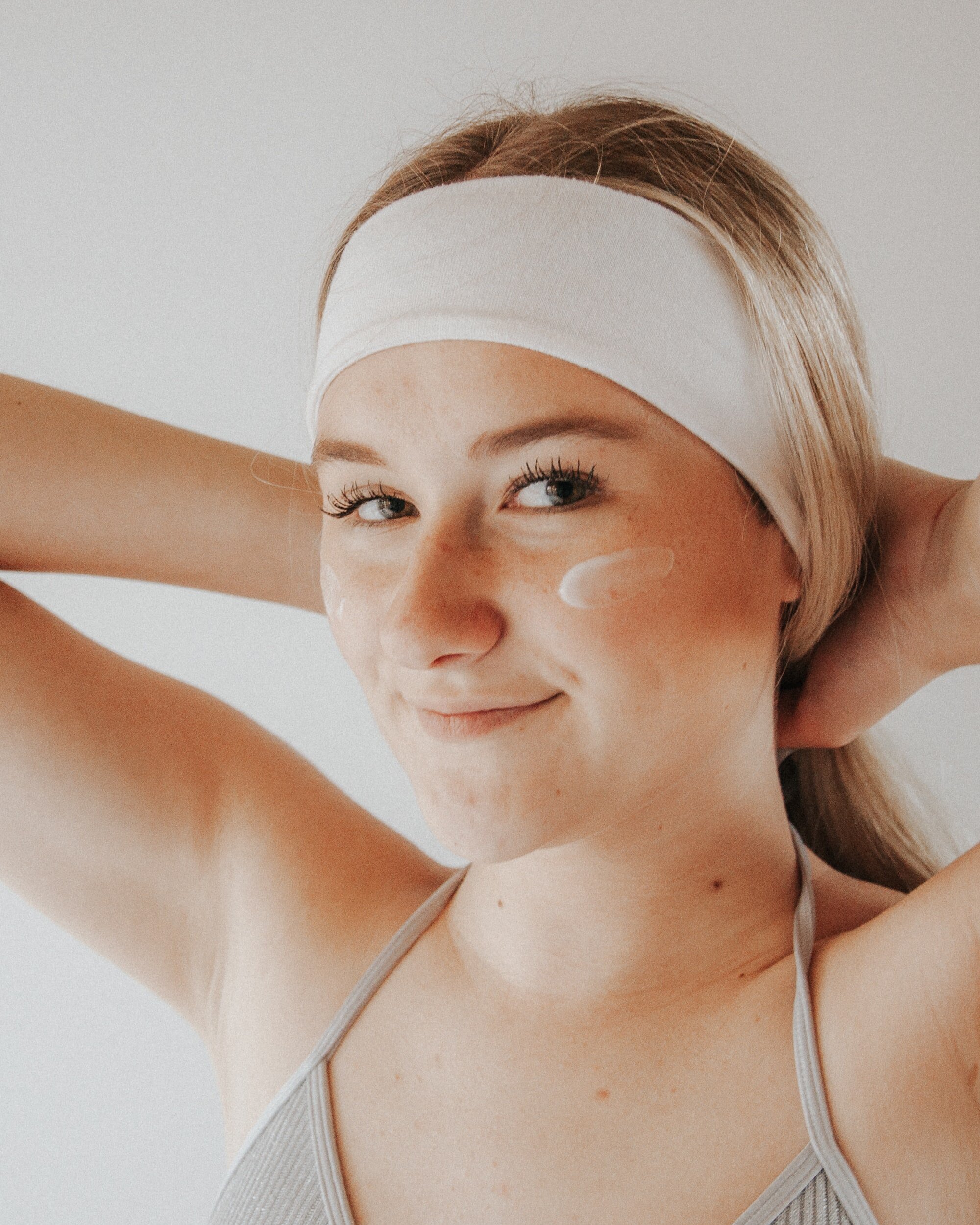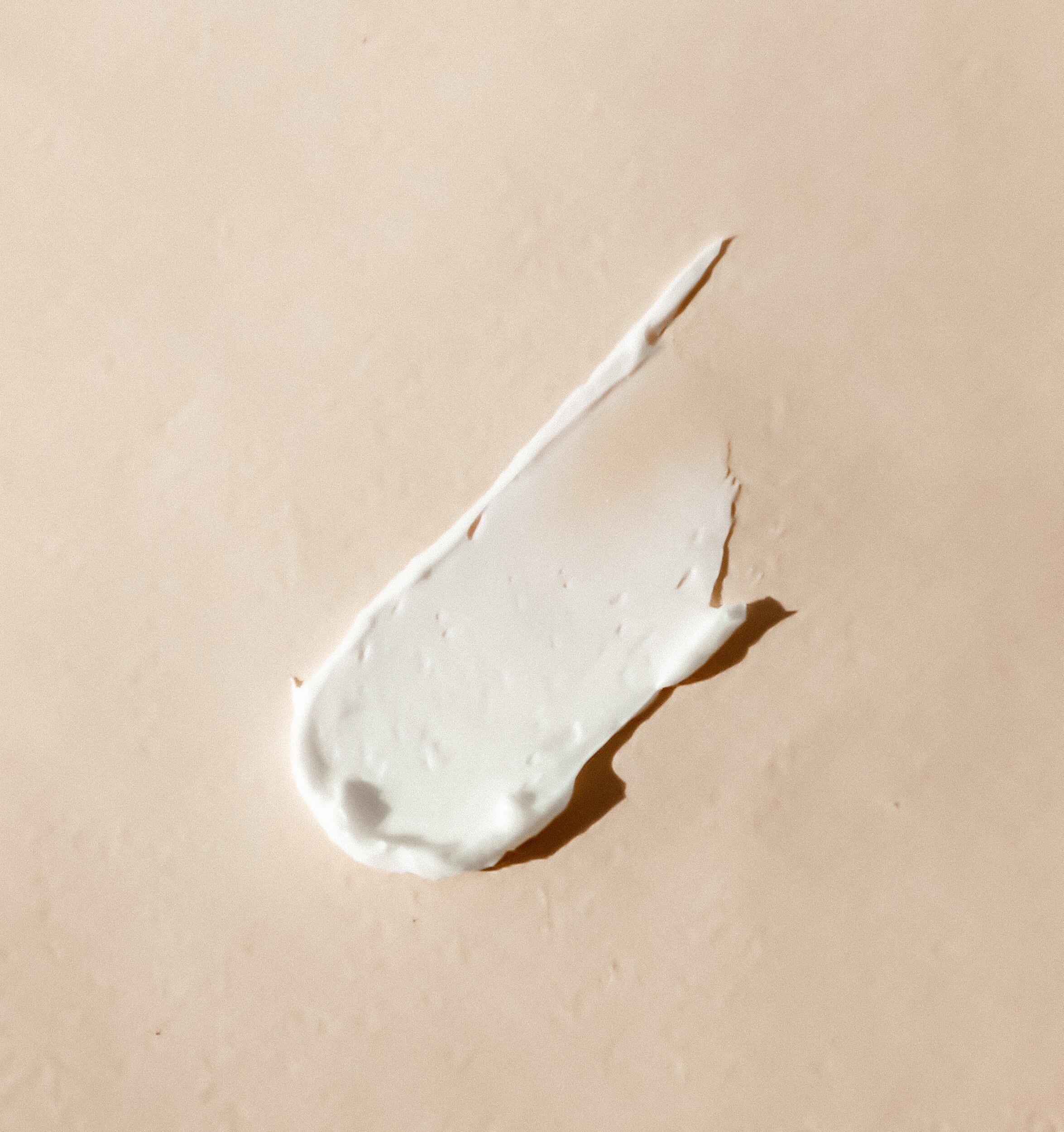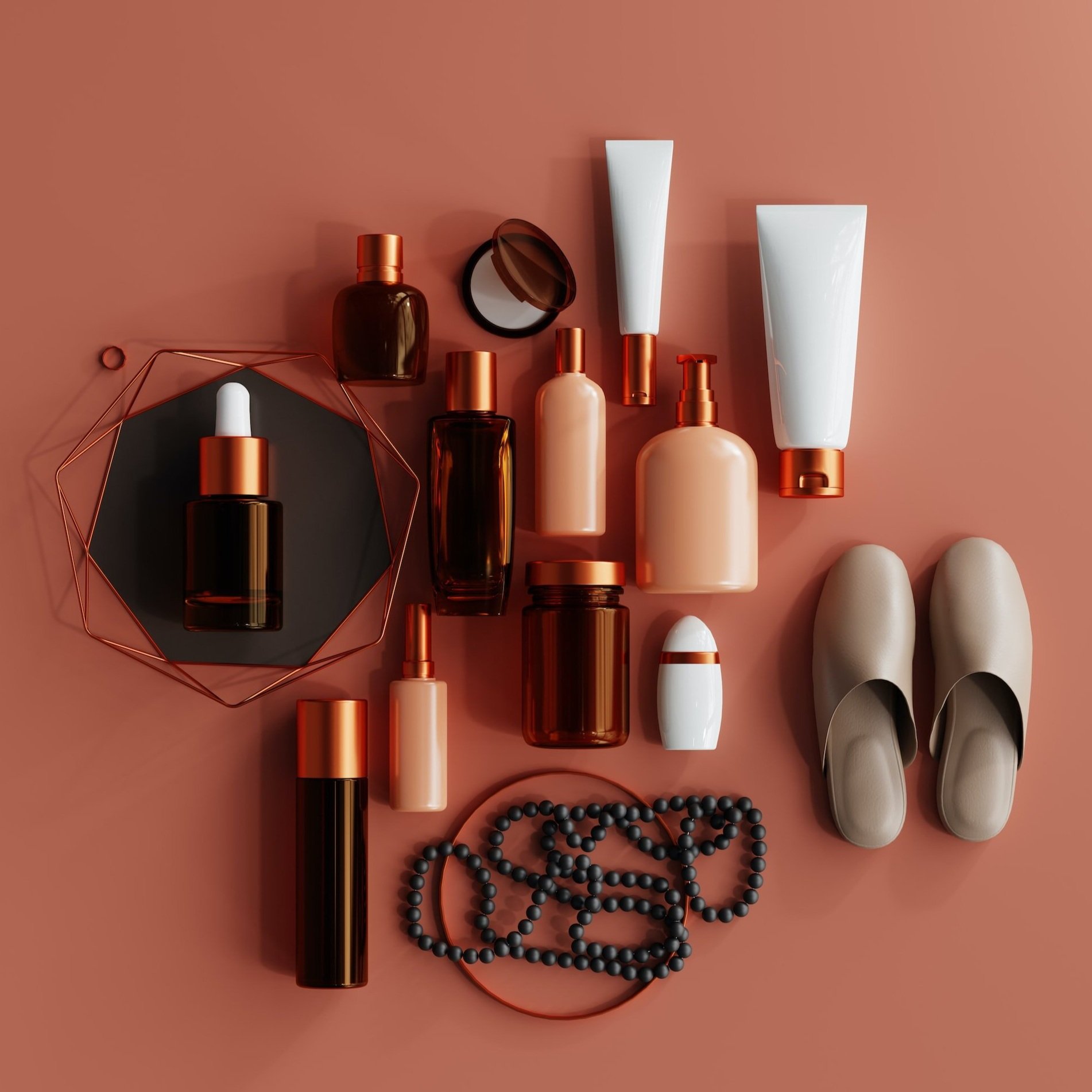The facts.
-
The term “Clean” in the cosmetics industry is not standardized and has been coined by companies for marketing purposes.
-
The FDA does not officially recognize terms like “Clean,” “natural,” “cruelty-free,” or “non-toxic” as they are purely marketing terms.
-
“Clean” does not necessarily mean natural, and not all natural products are safe, like poison ivy.
-
Similarly, not all synthetic products are harmful, like insulin.
-
“Clean” does not indicate whether a product is vegan, animal product-free, sustainable, or completely safe.
-
Ingredients in beauty and personal care products can be harmful in various ways, including by causing hypersensitivity reactions, endocrine disruption leading to health problems, and the replacement of well-known ingredients with less-tested ones, such as preservatives in mascara.
-
The information presented in the media and research can vary significantly, and it’s essential to be informed and make educated decisions about product purchases.
The big picture.
Have you ever found yourself scanning the ingredients list of your favorite beauty products, trying to decipher which ones are harmful and which ones are safe? It seems that more and more people are becoming conscious of the potential risks associated with certain chemicals and toxins commonly found in beauty products.
The rise of “clean beauty” products has been fueled by this growing awareness, with consumers seeking out products that are free of harmful chemicals and toxins. But what exactly does “clean beauty” mean? Despite the murkiness, many consumers are willing to shell out extra cash for “clean” products, believing that they are healthier and safer. So, how can you navigate this complex world of beauty product labeling and make informed decisions?
What is Clean Beauty?
The clean beauty trend has led to a proliferation of products labeled as “clean”… However, the answer is not so simple. It’s important to note that this term is not regulated and can have different meanings depending on the company or individual using it. For example, some people equate it with “natural”, “ethical”, or other terms.
Despite the murkiness, many consumers are willing to shell out extra cash for “clean” products, believing that they are healthier and safer. In fact, according to ypulse, 66% of people between ages 13-39 are more likely to buy a personal care or beauty product if it is labeled clean. Because of the variability in meaning and marketing, there have been large lawsuits accusing very popular companies like of misleading consumers.
Clean Beauty is big business with many marketing claims based on poor scientific evidence, meant to increase sales.
Clean Beauty (and Health and Wellness, in general) is not an all-or-nothing concept. Be careful about villainizing single ingredients based on what one industry tells you.
Clean products still contain allergens and sometimes in higher doses since formulations are being adapted or modified for the final product. A 2022 review of clean products in Target and Walgreens showed that a total of 93.6% of all clean products contained at least one allergen, the commonest of which were fragrances and botanicals.
Dermatologists have reported an uptick in contact dermatitis from Clean products due to the inclusion of natural substances and fragrances in much higher doses than synthetic compounds in order to have the same effect.
The choices.
Life-focused
If your focus is on being kind to living things, pay attention to hidden animal byproducts and animal testing.
-
Despite the increasing demand for “clean” products, many popular brands still use animal-derived ingredients such as glycerin and collagen. Animal agriculture is known for its inhumane practices, avoiding these byproducts is crucial when sourcing sustainable beauty products.
-
Animal testing is another thing to consider. Many companies still indirectly or directly test their products on animals. While most countries have banned animal testing, China still requires animal testing as proof of safety before allowing products to be sold in their market. This has presented a significant challenge for global companies that want to expand their market into China while also adhering to ethical standards.
-
Look for certifications such as “leaping bunny” which confirm no animal testing. Note, these certifications do not mean that the actual product is animal component free – read the ingredients, look for the vegan label.
Earth-focused
If your focus is on the earth and environment, attention to natural products and packaging.
-
Natural products often have a larger environmental toll than synthetic ones since natural products are sometimes hard to source and can have untold environmental impacts. An example is Argan Oil, which is derived from a tree that takes 50 years to grow the nut from which the oil is extracted. As marketing claims for the benefits become more effective and as demand rises, manufacturers have to source them in larger quantities.
-
Recycle and use refill packs. Limit single-use plastics. Do not get lulled into the feeling that a glass bottle is recyclable and hence is “fine”. Only ⅓ of all glass in the USA is actually recycled.
Holistic
If you are considering both a life and environmental focus, avoid hyper-consumerism.
-
Try to simplify to a few products which work for your skin. More is not always better. Being mindful of the products we use is important.
-
What we ingest and put inside our bodies is probably even more important. A healthy lifestyle, diet, and nutrition are critical to our overall well-being.
-
Try to use products that do not contain animal products and avoid companies that test on animals.
-
Limit or avoid single-use containers and reduce waste in general.
Time to take action!
In summary, It is always good to aspire to use Clean products but they’re only one piece of the puzzle when it comes to our overall health and well-being. If you choose to go paraben free, make sure that you are being aware of marketing claims and don’t overpay for products.
Most of all, avoid hyperconsumerism. Keeping the number of products you use on your body to a few that work for you, will save you money, be healthier and also reduce your footprint on the world.



